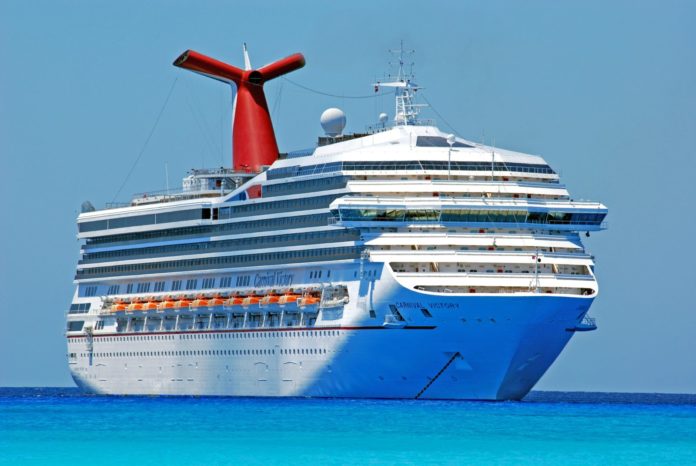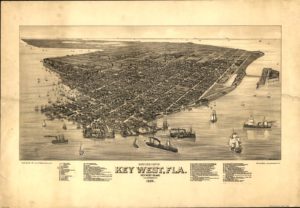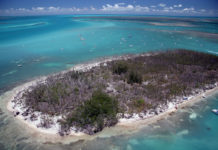
Key West has controlled its own waterfront for almost 200 years. But if two bills pending in the state capitol become law, the state of Florida would seize regulatory authority over all commercial activity in the port. This attack on the city’s right to govern itself is financed and orchestrated by Ed Swift, Mark Walsh, John Wells, and the Bar Pilots, headed by Robert Maguire, who want to overturn the results of last year’s election, in which 60% to 80% of local voters approved municipal limits on cruise ships. It’s an outrageous example of a few powerful businessmen seeking bailouts from big government in order to punish small-government decision-making and exploit our shared natural resources.
Unfortunately, their bill goes further than deregulating cruise ships. If it passes, the City may be prohibited from enforcing zoning laws, building codes, or city ordinances at some of the island’s most valuable property. This could impact City revenue, eliminate senior City jobs, and threaten numerous important projects, including affordable housing proposed for the Truman Waterfront.
The bill says city governments like Key West “may not restrict or regulate commerce in the seaports of this state, as listed in (Florida Statute) 311.09.” That’s bad enough. But making matters worse, the geographic area of Key West’s seaport is not defined in Florida statutes. In fact, although it is the oldest port in the state, the area of Key West’s seaport is not described in any government document. Unlike other seaports, the Port of Key West appears to exist more as an idea than as an actual set of boundaries.
If Key West is prohibited from regulating commerce in its seaport, where exactly is the seaport? Historical maps suggest the port has been thought of differently at different times, sometimes limited to waters around Mallory Square and sometimes including all the navigable waters surrounding Key West, as well as the entire land area of the island. Since defined seaports typically include not just deep-water ports, but also adjacent upland property, state jurisdiction in Key West would likely extend beyond the waterline to the docks and potentially inland for several blocks.

Today, commercial activity in the port is regulated by Key West’s Port Director, Bight Management Board, Planning Department, and Code Enforcement. But what will happen when the state seizes the City’s authority? Will port staff become state employees, or will they lose their jobs? Will the state tell us who can dock at City Marina and who cannot?
If this bill passes, the men responsible for it are expected to lobby another bill next session defining the seaport area. Swift and Walsh control valuable waterfront through Historic Tours of America and various hotel properties; Wells and the Pilots want more and bigger cruise ships. They would surely draw the seaport boundaries to favor these interests. They may even push to privatize the Port Director position, thus sidestepping the inconvenient truth that there is no statewide port authority and further consolidating their private control over commercial activity in the port.
The City’s planned rezoning and revitalization of Mallory Square is also at risk. This preemption bill could strip the City’s zoning power and even prevent it from licensing performers at the nightly sunset celebration.
Even worse, the bill threatens the City’s affordable housing proposal at the former Navy seaport known as the Truman Waterfront. Defining this area as part of the seaport would cancel City regulations around Swift’s lucrative trolley route that ferries cruise ship passengers from the Outer Mole. But it would also block the City from issuing building permits for the much-needed housing. Instead, the state would determine the best use for this property.
State control of Key West’s seaport, however it may be defined, is an attack on Key West’s hard-won tradition of independence that threatens to tilt the scales even further in favor of a small group of wealthy and powerful men in our city.
Big government shouldn’t pick winners and losers in Key West. The men advocating for this state takeover of our most precious asset made their fortunes a long time ago. They are now selling out their neighbors and our right to self-government for a few extra dollars. If they had any sense of decency, they would direct their minions in Tallahassee to withdraw this bill immediately.
Arlo Haskell
Treasurer
Key West Committee for Safer Cleaner Ships
























